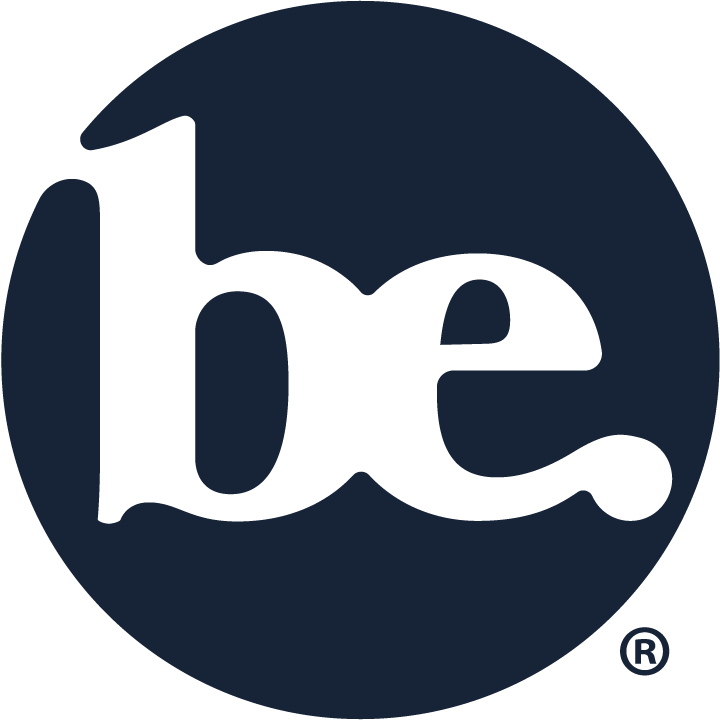Planning to purchase a home? Talk with a Bay Equity loan officer.
When considering a home purchase, prospective homeowners must budget beyond the purchase price.
The first step is creating an overview of your current financial situation to determine how much house you can afford. A pre-approval gives you the tools to set a realistic purchase budget.
Remember: pre-qualification and pre-approval are similar words with quite different meanings.
Pre-qualification takes place when you first reach out to your Bay Equity loan officer. It can usually be done over the phone, and consists of an informal interview using verbal estimates of your income and assets to get a feel for how much you can borrow.
The pre-approval is a more rigorous process, requiring documentation of income, debts and assets. Your credit report will be pulled. Successful pre-approval comes with a "pre-approval letter." This shows agents and sellers you are a serious buyer with fully vetted finances. It also gives a clear idea of your homebuying budget.
Sellers strongly prefer pre-approved buyers. In today’s market, it is very unlikely to get an offer accepted without pre-approval. You can shop with confidence, and when offers are accepted, you can close quickly!
After your offer is accepted, the next step is coming up with the down payment. While it is usually the most significant upfront cost, many potential homeowners believe a down payment of 20%of the home's purchase price is required. However, many Down Payment Assistance (DPA) loan programs may require much less.
Many private entities, as well as state and local governments, offer down payment assistance (DPA) programs with favorable loan terms for eligible buyers. Bay Equity Home Loans can guide you in exploring these programs and determining if you qualify,
Bay Equity offers a range of mortgage products, including conventional, FHA, VA, and USDA loans. Our loan professionals can show you the pros and cons of each and help choose the best loan for your financial situation.
Beyond the down payment, there are closing costs to pay upfront. These typically range from 2-5% of the home's purchase price. Closing costs include fees for appraisals, inspections, title insurance, and more.
Homeownership also comes with ongoing expenses like property taxes, homeowner's insurance, maintenance and repairs, utilities, and HOA fees. Experts recommend setting aside 1-3% of your home's value annually for these expenses. Bay Equity Home Loans provides resources and calculators to help estimate all of these costs.
Navigating the home buying process can be complex. Seeking guidance from financial advisors, real estate agents, and mortgage professionals can provide valuable insights and support. At Bay Equity, our personalized assistance helps you understand options, prepare your finances, and secure the best possible terms for your mortgage.
